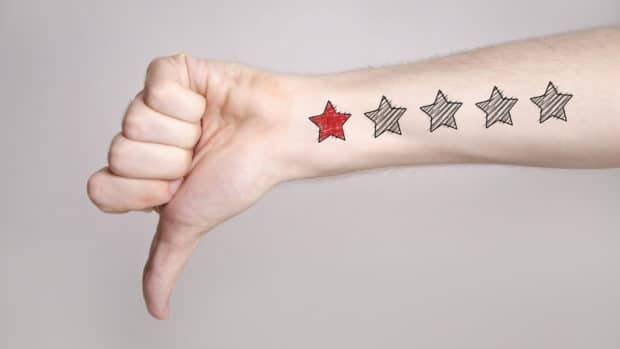Luxury goods were the fastest growing cross-border eCommerce category in the first half of 2021, increasing by 50 per cent compared to the end of 2020. With global demand for luxury being driven by shoppers from China, UAE, South Korea and India, increasingly consumers are now happy to forego the ‘white-glove’ in-store experience for online convenience, the latest data from eShopWorld (ESW) reveals.
ESW’s ‘Global Voices: Pre-Peak Pulse 2021’ survey of almost 15,000 consumers across fourteen countries revealed when it comes to cross-border purchasing, demand for luxury goods is strongest in four key markets: China (39 per cent), UAE (33 per cent), South Korea (28 per cent), and India (21 per cent). More than 70 per cent of Millennials, GenX, and Baby Boomers in China and South Korea shop luxury online, compared to less than 45 per cent of shoppers in the Americas and most of Europe.
Last year, the luxury market was forced to reprioritise digital strategies to offset the impact of the pandemic, resulting in a paradigm shift with online luxury sales predicted to increase to 30 per cent in 2021, up from 22 per cent in 2020 – a boost that is being driven by Millennial and Gen Z shoppers, who according to Vogue Business will account for a fifth of all luxury fashion spend by 2025.
The survey reveals that while a significant number of luxury shoppers (42 per cent) still prefer to shop in-store, where they can touch and try on products, even more shoppers (43 per cent) say they are happy to sacrifice the in-store luxury experience for online convenience. Just as many (42 per cent) will make those purchases from brand websites outside their home country.
More than half of shoppers in Mexico (54 per cent), China (61 per cent), Russia (50 per cent), and South Africa (57 per cent) said they are comfortable buying luxury products online due to the lack of availability and variety of such goods locally.
When purchasing luxury products online, 77 per cent of survey respondents said they expect exceptional personalised customer service with 75 per cent indicating brands and retailers could do more to improve the premium levels of customer service for such purchases. 69 per cent said they are more likely to buy luxury goods online if the online experience mirrors the level of service received in-store.
Accordingly, luxury brands need to focus on delivering unified commerce and omnichannel strategies that give equal importance to all consumer touchpoints, merging the digital and physical worlds to create innovative retail experiences coupled with the seamless service consumers expect when making super premium product purchases.
Martim Avillez Oliveira, chief commercial officer, EMEA and APAC at ESW, commented: “The quality, craftsmanship and prestige of luxury products are in increasing demand from a growing digitally native middle class, living outside the traditional luxury markets, who are both brand and status hungry. Therefore, to capitalise, luxury brands need to focus on recreating the high-touch, hyper-personalised experience customers receive in-store, in the DTC channel, and deploy those experiences across borders to meet demand at its point of origin.”
“The luxury brands that continue to adapt and embrace omnichannel strategies that meld the expectations of the modern consumer with the traditional tenets of the luxury experience, from super-premium customer service, including tracked, personalised delivery, free returns, luxury packaging and premium courier services, to immersive online experiences, are the brands that will thrive as they bridge the perceived divide between online and in-store and win the loyalty of the next generation of luxury shoppers.”








Share